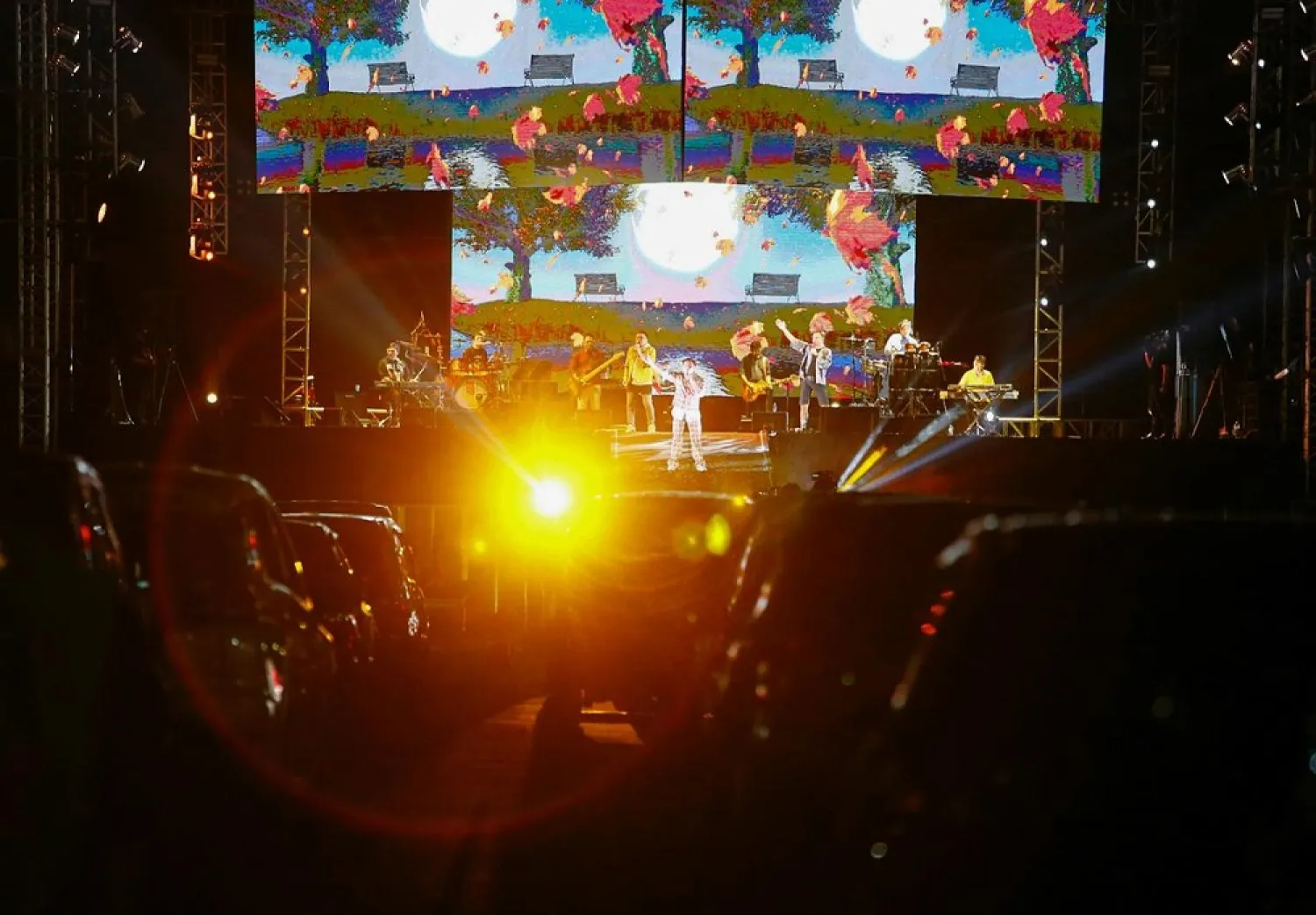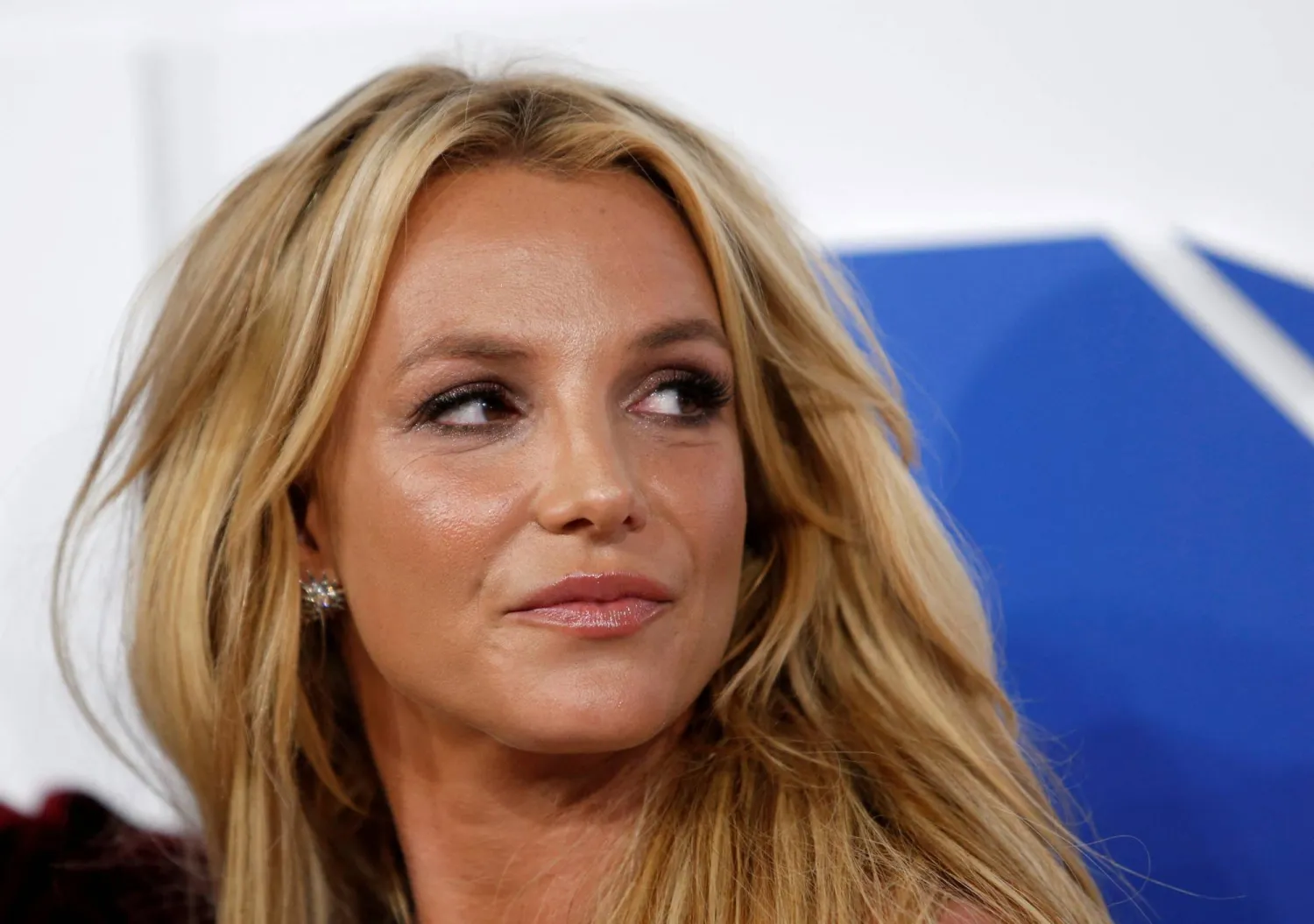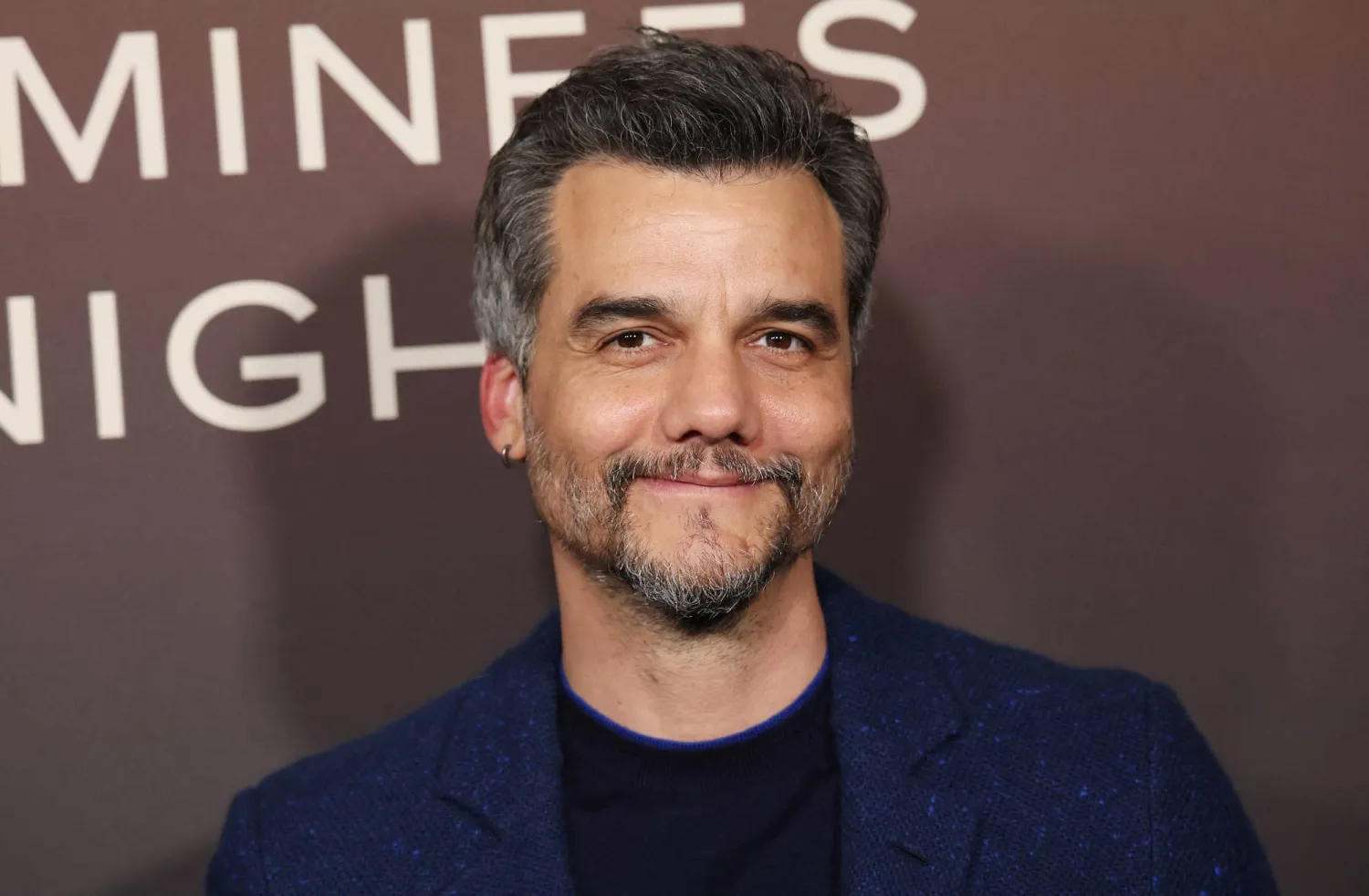As night fell in the Indonesian capital, pop ensemble Kahitna took to the stage for a drive-in concert nearly two hours long that attracted eager listeners in rows of hundreds of parked cars.
The eight performers played yearning, sentimental tunes, capitalizing on patrons' nostalgia for the group's 1990s heyday, with listeners honking and flashing their lights as the band launched into its hit tune, "Cerita Cinta" or "Love Story".
That was a reminder of the good times before the coronavirus pandemic brought the music industry to a juddering halt, said Chaeruddin Syah, one of the concert organizers.
"Our economy has declined for four to five months, we have not worked at all and have not made any money," Syah told Reuters.
"We hope this concert can provide solutions and inspiration to the entertainment industry."
Indonesia, which is grappling with a surge in virus infections, racked up its biggest daily increase in cases for a third straight day on Saturday. The Southeast Asian nation has tallied about 170,000 infections and 7,261 deaths.
The organizers of Saturday's event said they had prioritized safety, asking listeners to provide negative test results and wear masks.
The concert, which will be followed by another on Sunday, drew a crowd of about 900 people in 300 cars, all of whom had to stay in their vehicles.
Each car tuned into an FM radio channel to hear the concert. Each was sprayed with disinfectant on arrival, and received a carbon dioxide detector to alert occupants to open their windows if levels of the dangerous gas rose too high.
"This concert is an extraordinary initiative," said one listener, a 45-year-old who gave her name only as Emilia.
"This is really good, especially when we don't know when the pandemic will end."
A city of 10 million, Jakarta has recently recorded the highest daily increase in infections among Indonesian regions, and maintains curbs on public transport and businesses, although this week its governor said cinemas would re-open soon.
The adverse impact of the virus had forced musicians and their crews to adapt, said Adib Hidayat, who tracks music trends for the Indonesian industry.
"If the (drive-in) concept could have a strict protocol and a tight discipline from the audience, it could be one of the new breakthroughs," he told Reuters.









